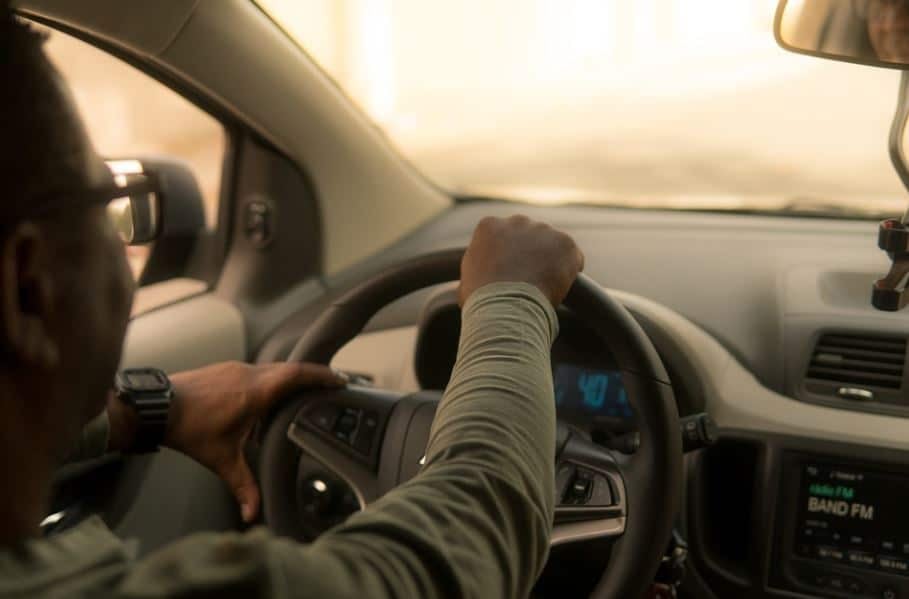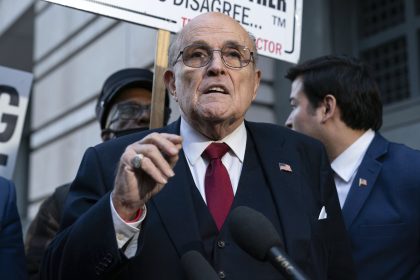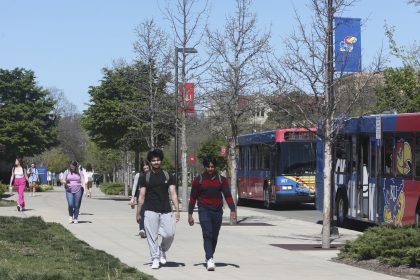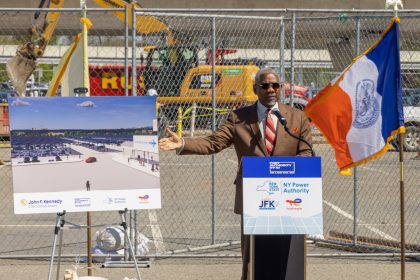Calif. Court Says Uber, Lyft, Can Still Treat Drivers as Contractors

SAN FRANCISCO — Uber, Lyft and other companies with ride-sharing apps can continue to treat their drivers as independent contractors, a California appeals court ruled Monday, overturning a lower court decision.
At issue was California’s Proposition 22, which state voters approved in November 2020, and which allowed ride-sharing apps to classify their drivers as independent contractors and avoid the expense, among other things, of having to pay for the drivers’ health insurance or other business expenses.
More than $200 million had been poured into the campaign to pass the proposition, and its supporters hailed its passage as the vanguard of a new future of work, one that gave employees the greater flexibility and autonomy of independent gig workers, while sparing their employers the costs associated with full-time employees.
But in August 2021, Alameda County Superior Court Judge Frank Roesch struck down the proposition, declaring it unconstitutional on the grounds that it infringed on the Legislature’s power to define app-based drivers as workers subject to workers’ compensation law.
Roesch also found the proposition invalid because it limited state lawmakers’ ability to enact amendments to it, and because it violated the single-subject rule for initiative statutes.
Supporters of Proposition 22 and the state appealed.
On Monday, a three-judge panel presiding in California’s First Appellate District, sided with the appellee’s.
“We agree that Proposition 22 does not intrude on the Legislature’s workers’ compensation authority or violate the single-subject rule, but we conclude that the initiative’s definition of what constitutes an amendment violates separation of powers principles,” the panel said in its ruling.
In short, the panel found that the provision of the California Constitution that allocates power to the Legislature to create and enforce the state’s workers’ compensation system must be construed to grant lawmaking authority to both lawmakers and the electorate.
“Because the unconstitutional provisions can be severed from the rest of the initiative, we affirm the judgment insofar as it declares those provisions invalid and to the extent the trial court retained jurisdiction to consider an award of attorney’s fees, and otherwise reverse.”
Though Associate Justice Jon Streeter, a member of the panel, concurred with its overall ruling, he dissented on several key points and admitted his preference, ultimately, would have been to “invalidate Proposition 22 in its entirety.”
The appeals court, however, might not have the last word. The Service Employees International Union, along with several drivers, is expected to appeal the decision to the California Supreme Court, which will then have to decide whether to hear the case.
Dan can be reached at [email protected] and @DanMcCue
























